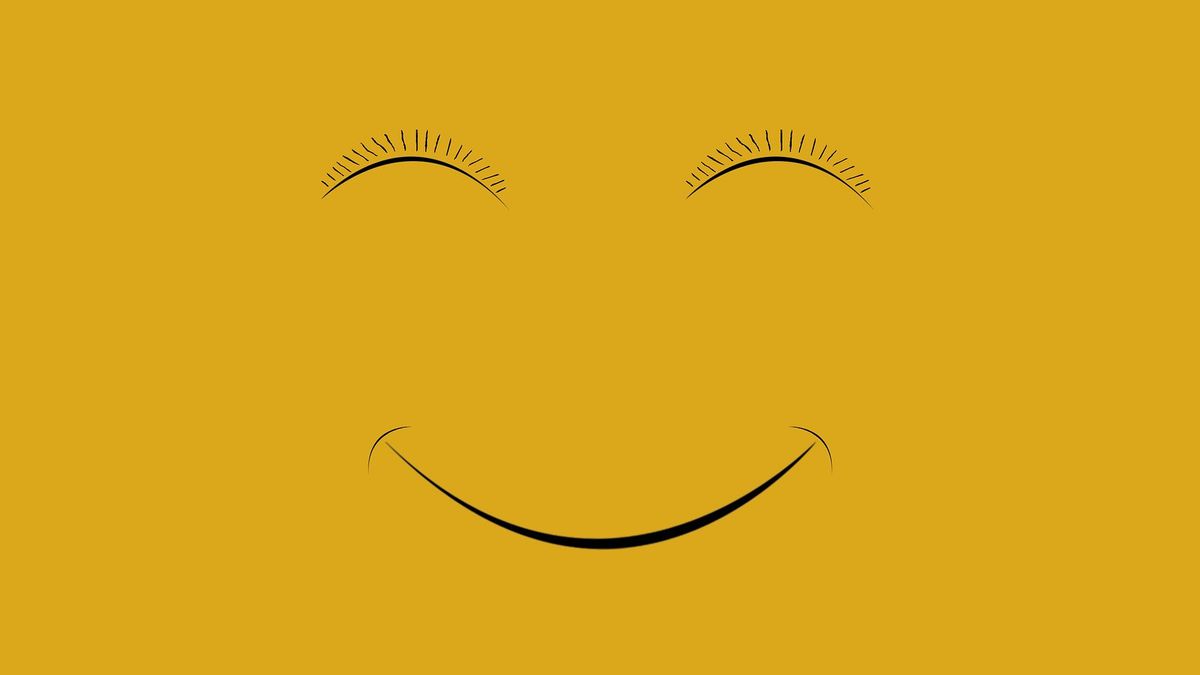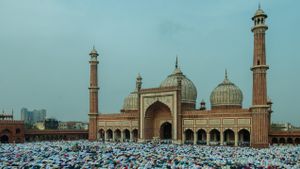JAKARTA - More and more people are interested in living a minimalist lifestyle. This trend is increasing thanks to the popularity of Marie Kondo with her KonMari method. So what exactly is minimalism? Is it true that it can increase pleasure?
As summarized in Marie Kondo's book The Life-Changing Magic of Tidying Up: The Japanese Art of Decluttering and Organizing, a minimalist lifestyle prioritizes enhancing experiences rather than just material.
For example, reading books, watching documentaries, reading lifestyle magazines, while reducing work, communication, information and competition.
Marie Kondo herself practices her minimalist lifestyle in the KonMari method. As the name implies, the KonMari method lives up to Japanese values and is designed so that its adherents are self-sufficient with the goods and activities that are more necessary.
Rick Hanson, a psychologist who is involved in a documentary about a minimalist lifestyle, entitled Minimalism: A Documentary About the Important Things, believes that many people consider material to be a source of happiness in life.
"I think we are confused about what will make us happy. Many people think that possessions are the most important thing and they hope that any joy that arises from it is considered life satisfaction," he said.
However, several studies refute this big assumption. Research by Mario Pandelaere from the University of Ghent, for example, quoted by psychologytoday.com, the study tries to reveal the relationship between materialism and depression.
Furthermore, Pandelaere points out that the "materialist" on average is not the happiest of people. In fact, Rik Pieters from Tilburg University reveals a link between materialism and increased feelings of loneliness over time. In addition, the study also proved a correlation between materialism and loneliness as well as depression.
Meanwhile, the minimalist lifestyle comes with the idea of fighting or at least reducing the paradigm of materialism and consumerism to fight depression. Researchers described earlier describe overconsumption as an insatiable hunger.
Meanwhile, according to psychologytoday.com, if people leave excessive materialism and only keep things that can add value, "they can lead a more satisfying life."
The English, Chinese, Japanese, Arabic, and French versions are automatically generated by the AI. So there may still be inaccuracies in translating, please always see Indonesian as our main language. (system supported by DigitalSiber.id)













